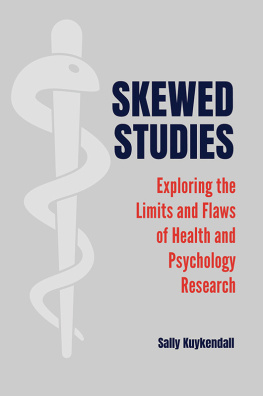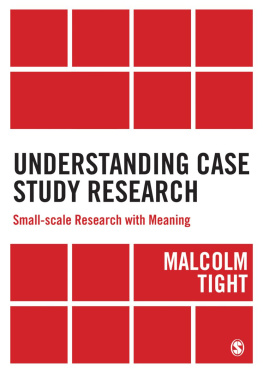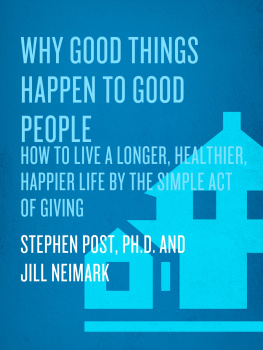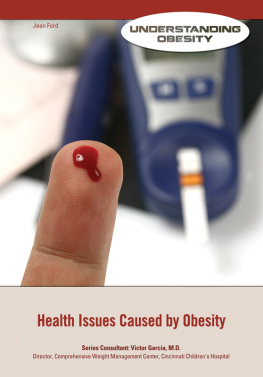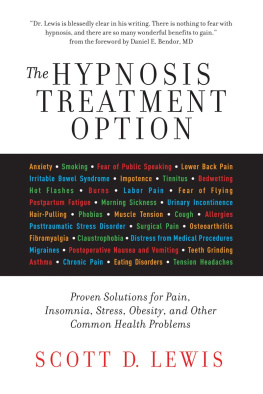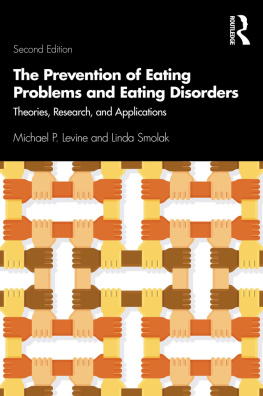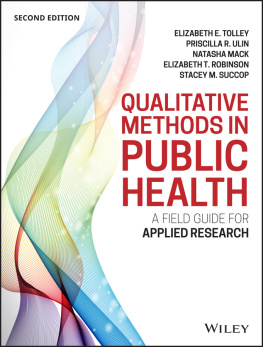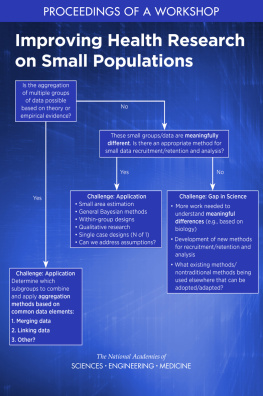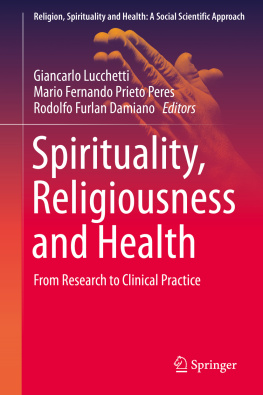Skewed Studies
Exploring the Limits and Flaws of Health and Psychology Research
Sally Kuykendall

As an undergraduate and graduate student, I was fortunate to have wonderful research mentors. My mentors taught me how to think creatively and strategically about pressing health issues, how to develop a realistic study proposal, and how to collaborate with others, collect data, and, most important, how to act with professionalism and integrity. My background in nursing helped. In nursing, honesty, integrity, and professionalism are essential to patient care. Nurses are required to report suspicions of professional misconduct. Failure to report could result in suspension of ones nursing license.
As part of the academic process, faculty members are required to review other faculty members. The first time I came across research misconduct was as a faculty member. I was shocked and disheartened. I distanced myself from the individual and the situation. The person eventually left the institution. The second time I discovered misconduct, I was less shocked. I quietly and confidentially advised the individual of what I had found. She lashed out, spreading nasty rumors. The third time I noticed research misconduct, I was warned to stay silent and advised that everyone does it. It being research misconduct. Six weeks later, my annual review noted that I was a failure in service. The failure came out of the blue. I had never received any indication that my service was unsatisfactory. I started to realize that the response everyone does it may have been more a little more accurate than I wanted to believe. I was naive. My mentors had never schooled me on the fact that everyone does it.
I am wiser now. What I experienced is nothing in comparison to the retaliation experienced by Walter DeNino, Tyler Shultz, Betty Dong, Nancy Olivieri, and Kenneth Sloane. Skewed Studies: Exploring the Limits and Flaws of Health and Psychology Research is in honor of students, would-be and actual whistle-blower and those who have suffered personal and professional attack because you thought science should be honest and that scientists should act with integrity. I believe that the best way to stop scientific misconduct is to speak out. Distancing ourselves, pushing the perpetrators along to the next institution, or subjecting students to dishonest practices will not eliminate the problem. Scientific misconduct harms science, scientists, and human progress. We must name the behaviors and identify the very real consequences of misconduct on patients, family members, and communities. If science is about a search for the truth, we cannot be afraid to speak the truth.
Skewed Studies
To my best friend and partner, Butch, and to all of the
hard-working scientists who do what is right to advance humanity
I am grateful to Dr. Alice Hausman of Temple University and Dr. G. Peter Matthews of the University of Plymouth (UK) for modeling high standards of scientific integrity. I am grateful to the courageous whistle-blowers who put their reputation and career on the line to halt misconduct. Without their voices and stories, this book could not exist. I am extremely grateful for the hundreds of articles and resources accessed through Drexel Library. The librarians were extremely patient with my many unusual requests. I am grateful to Dr. Jenny Spinner of Saint Josephs University for sharing her expertise in journalism and to Professor David Kaye of Penn State University for sharing his adventures with flaky academic conference requests. As always, I am thankful to my wonderful husband, Butch, for listening, questioning, and supporting and my sons, Matthew, Mark, and Alex, and stepdaughters, Eva and Emily, for being there.
Copyright 2020 by ABC-CLIO, LLC
All rights reserved. No part of this publication may be reproduced, stored in a retrieval system, or transmitted, in any form or by any means, electronic, mechanical, photocopying, recording, or otherwise, except for the inclusion of brief quotations in a review, without prior permission in writing from the publisher.
Library of Congress Cataloging in Publication Control Number: 2019057136
ISBN: 978-1-4408-6398-1 (print)
978-1-4408-6399-8 (ebook)
24 23 22 21 20 1 2 3 4 5
This book is also available as an eBook.
Greenwood
An Imprint of ABC-CLIO, LLC
ABC-CLIO, LLC
147 Castilian Drive
Santa Barbara, California 93117
www.abc-clio.com
This book is printed on acid-free paper 
Manufactured in the United States of America
Science is an intellectual activity where the scientist systematically investigates facts, patterns, or laws related to nature or the world. The purpose of scientific investigation is to develop a body of knowledge in the particular area of interest. Developing this body of knowledge frees humanity from misconceptions or superstition and provides a foundation for advancement. Microbiology is a good example of the development of a body of knowledge that led to later advancements. Ancient civilizations believed that infectious diseases were punishment by supernatural beings for wrongdoing. Through repeated observation of patients and their surroundings, ancient Greek, Roman, and Chinese doctors developed miasma theory. Miasma theory proposed that bad air, not gods and goddesses, caused infectious diseases. In 1546, Italian physician Girolamo Fracastoro suggested that seedlike particles shared among people in close proximity were the source of infection. Antonie van Leeuwenhoeks invention of the microscope enabled scientists to create and confirm the germ theory of disease. Today, we have antibiotics, vaccinations, sterile surgical procedures, antiretroviral therapies, and infection control programs to prevent and limit infectious diseases. Thankfully, we have moved past the idea that polio, smallpox, cholera, and typhoid are caused by angry gods or goddesses. Thus, science is not just an intellectual activity. Science allows us to understand natural phenomenon, develop theories, and create tools that make lives better. Electricity, computers, cars, airplanes, sanitation, and medicine are all the result of scientific endeavors. Ultimately, science is a quest for the truth, truth about nature, truth about social behaviors, and truth about the universe.
Scientific endeavors can be very time-consuming. Three hundred years passed between Fracastoros theory of seedlike particles and Dr. Ignaz Semmelweiss suggestion that doctors wash their hands before examining pregnant women, and even then, Semmelweiss suggestion was met with disdain and disbelief. The idea that highly respected gentlemen doctors carried germs was shocking and inconsistent with current theory of spontaneous generation. In order to advance a particular field, scientists must study previous work and ideas on the topic, deal with the frustration of failed experiments, check and recheck their findings, and confront mistrust or skepticism over study results. The scientific method is a systematic process used by scientists to minimize failure and avoid potential biases. The main steps of the scientific method are to: (a) identify the problem or phenomenon of interest; (b) assess existing knowledge of the phenomenon; (c) formulate a research question or research hypothesis; (d) plan an experiment; (e) collect data; (f) analyze results; and (g) draw logical conclusions. In practice, the method is complicated. Each part connects to the other parts to develop a cohesive line of inquiry. This methodical approach maximizes efficiency in building the body of knowledge. Without such a system, scientists would waste time and resources creating discoveries that already existed, gathering information that is already known, or proposing misleading theories. Later chapters explain each step of the scientific method in detail. This chapter presents an overview of the history of the scientific method and examples of exploitation of the scientific method.

